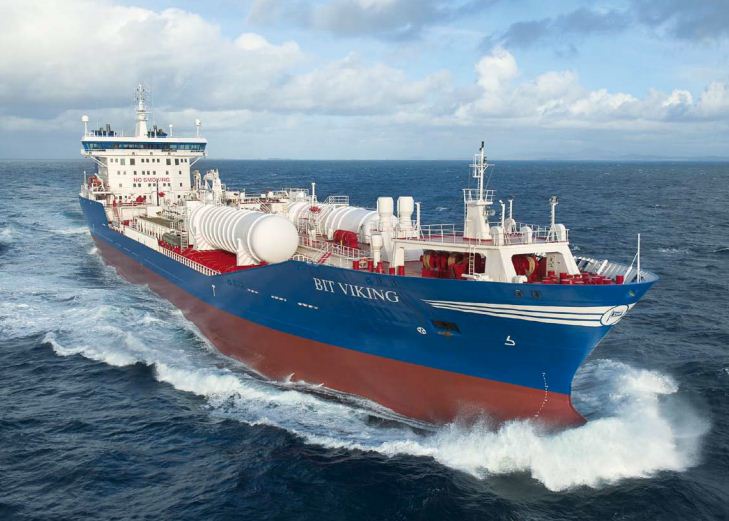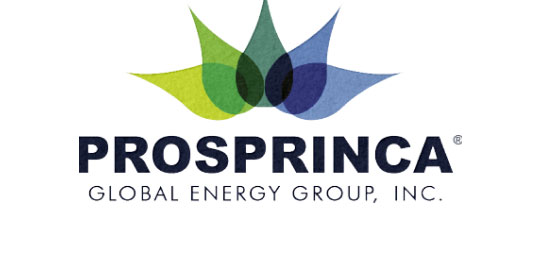SHIP FUEL
Products
SHIP FUEL
Marine or ship fuel is created from petroleum distillation and can be accumulated as a distillate or a residue. It comprises long hydrocarbon chains, like alkanes, cycloalkanes, and aromatics. The fuel oil is commonly referred to as Heavy fuel oil, or HFO, which is widely used by commercial vessels. Since the fuel oil is heavier than gasoline and naphtha, it is often called the “heaviest commercial fuel.”
Approximately 100,000 massive ships are plying the world’s seas, carrying 80-90% of cargo exchanged internationally. Most of these vessels’ engines run on heavy fuel oil, a byproduct obtained from crude oil refinement. From a technical standpoint, this fuel type is broken down into marine distillates and residual marine fuel. It’s worth noting that while there is a quantity difference, items in both groups include distillate.

The Different Types of Ship Fuel
LNG – Liquid Natural Gas
Heavy Fuel Oil
Very-Low Sulphur Fuel
Ultra-Low Sulphur Fuel
Biofuels
Why Partner with PROSPRINCA ENERGY for Ship Fuel?
Over the years, our company “PROSPRINCA ENERGY” and it’s JOINT VENTURE GLOBAL PARTNERS have worked tirelessly to establish a solid reputation among the marine industry and it’s business partners. When it comes to us, our goal is to deliver bunkering services of the highest quality in the maritime and oil industry. We take great pride in the fact that we maintain a diverse portfolio of crude oil and petroleum products and have been trading LPG and LNG competitively.


